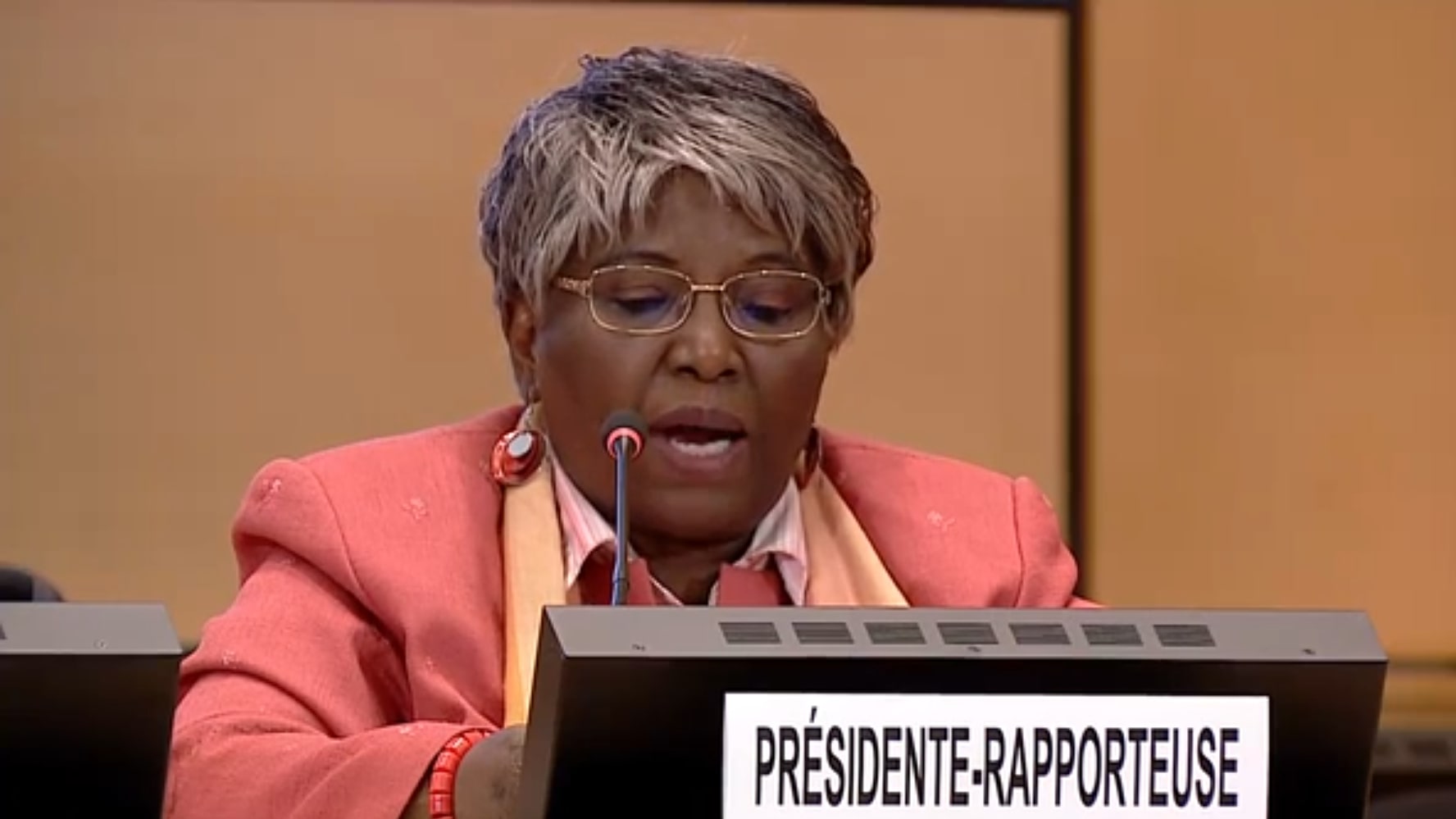The report on ‘the contribution of the Human Rights Council to the prevention of human rights violations’ submitted to the 43rd session of the Council, found that the targeting of human rights defenders, journalists and civil society organisations is particularly concerning. This signals an early warning sign of a deterioration of the situation, as well as limits the transmission of information to the international community.
The report recommends that:
- The High Commissioner and the Special Procedures provide the Council with early warning information and calls on States to ensure prompt action before the situation further deteriorates
- The UN Secretary-General’s annual reprisals report be additionally presented to the General Assembly, thereby increasing the political cost of acts of intimidation and reprisal
- More Human Rights Council mechanisms, such as Special Procedures and investigative bodies, should report to the UN Security Council and Third Committee, thereby ensuring that discussions on international peace and security are appropriately informed by human rights considerations
- Resident Coordinators should brief the Human Rights Council on country situations
- OHCHR should disseminate recommendations of the Council to all UN country teams, and the UN should ensure that there is better integration of human rights recommendations in the development cooperation frameworks with the host countries
- Greater institutionalisation of the secretariats of investigative bodies so that there is no time lag owing to lengthy recruitment processes or when mandates are extended
‘Following the Secretary-General’s call to action, States should step up their efforts to ensure the implementation of the above recommendations, and initiate prompt Council action when human rights defenders are under systematic attack including for their engagement with the UN’, said Salma El Hosseiny, ISHR’s Human Rights Council Programme Manager.
Human rights defenders face attacks and restrictions because they challenge privilege, power and demand accountability for victims of human rights violations.
‘Accountability is an essential prerequisite for the prevention of atrocities and violations, as there can be no peace without justice’, added El Hosseiny.
The report also proposes ‘confidential Council sessions and preventive diplomacy of good offices missions to countries concerned’. ISHR does not support these recommendations as civil society engagement and participation in the Council’s processes is essential to formulating effective solutions and monitoring their implementation.
‘Preventive diplomacy without civil society engagement is essentially ineffective diplomacy’, added El Hosseiny.
The report proposes the creation of an ‘implementation facility’ to assist States in implementation of recommendations from the UPR, treaty bodies and Special Procedures, citing ‘the sheer number of recommendations and States’ limited technical capacity and resources to implement them’ as the main reason for the non-implementation by States of a large number of the recommendations.
‘Governments who are targeting and attacking human rights defenders are not failing to implement human rights recommendations because there are “too many” such recommendations, but rather due to lack of political will’, added El Hosseiny. ‘Most often attacks and restrictions against defenders are State-perpetrated or sanctioned attempts to silence dissent or to propagate power.’
The report proposes using different tools to enhance the Council’s prevention role and should be on a case-by-case basis. This includes strengthening the OHCHR’s capacity to collect information on early warning signs, and the High Commissioner presenting the information to the Council. The Chair of the group of experts, Yvette Stevens, explained in her presentation of the report to the Council that ‘in the event that diplomatic efforts fail to yield the desired outcomes, the Council should convene a special session’.
‘While diplomacy is important, the Council should always act to reflect the gravity and urgency of the situation and not necessarily follow a linear and incremental approach which may be inadequate or ineffective in the circumstances’, concluded El Hosseiny.
Photo: UN Web TV




